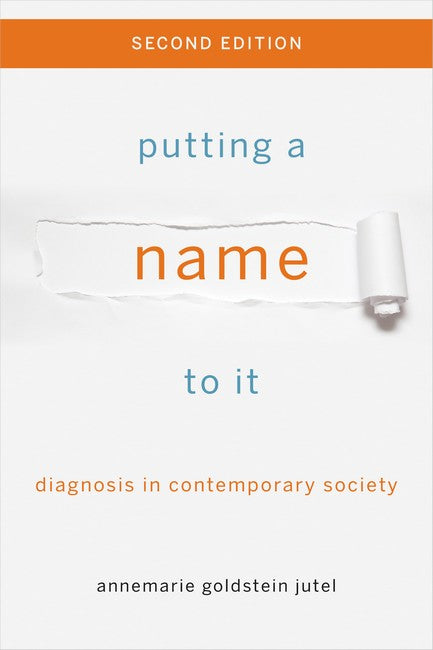Outlines how the social dimensions of medical diagnosis can deepen our understanding of health. Diagnosis is central to medicine. It creates order, explains illness, identifies treatments, and predicts outcomes. In Putting a Name to It, Annemarie Jutel presents medical diagnosis as more than a mere clinical tool, but as a social phenomenon with the potential to deepen our understanding of health, illness, and disease. Jutel outlines how the sociology of diagnosis should function by situating it within the broader discipline, laying out the directions it should explore, and discussing how the classification of illness and the framing of diagnosis relate to social status and order. This second edition provides important updates to the groundbreaking first edition by incorporating new research that demonstrates how the social nature of diagnosis is just as important as the clinical. It includes new perspectives on diagnostic recognition, diagnostic coding, lay diagnosis, crowdsourced diagnosis, algorithmic diagnosis, diagnostic exploitation, diagnostic systems, stigmatizing diagnosis, and contested diagnosis. The new edition also features a case study of COVID-19 from a critical sociological perspective and a new conclusion. Both a challenge and a call to arms, Putting a Name to It is a lucid, persuasive argument for formalizing, professionalizing, and advancing long-standing practice. Jutel's innovative, open approach and engaging arguments illustrate how diagnoses have the power to legitimize our medical ailments-and stigmatize them.

